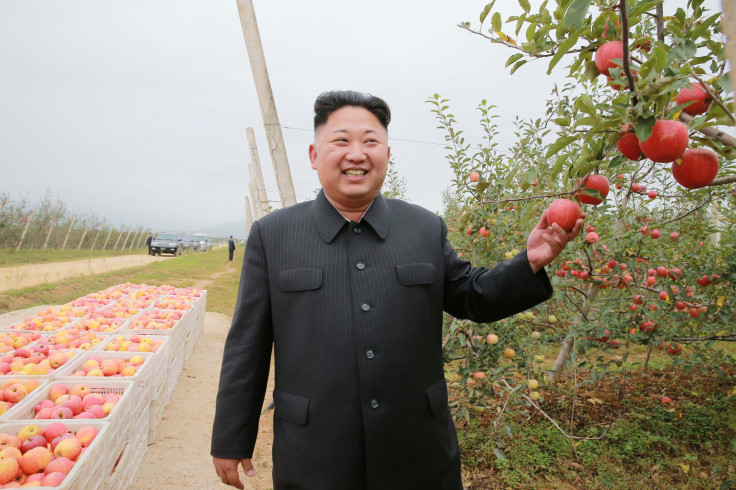North Korea's Kim Jong Un Is Killing Political Leaders Who Complain About Expensive Nuclear Weapons: After Economic Sanctions, Executions On The Rise

Kim Jong Un oversaw 64 public executions so far this year despite international condemnations of North Korea's human rights record. The executions are held to help control the population and allow Kim to retain control over the impoverished and secluded nation.
The executions were carried out in the first nine months of 2016, Kyodo News agency reported Thursday. The death toll suggests public executions have doubled since 2015 even after the United Nations Security Council passed tougher sanctions on North Korea in March, according to Seoul intelligence.
The executed included North Korea's top education official, Kim Yong Jin, who was killed by a firing squad in August after he was branded "anti-party and a counter-revolutionary member" by the country's State Security Department.
Kim is lashing out in part because he is worried about his personal security and assassination attempts. South Korean intelligence officials claim increased instability within North Korea's political establishment has made him paranoid, local news service Newsis reported.
North Korean leaders may become disloyal to the regime because international sanctions have made it harder for the elite to build and use their wealth. Restaurants outings, for examples, have decreased because of financial concerns, according to reports.
At the same time, the government has directed the bulk of its spending toward building up its military capabilities. North Korea dropped $200 million on nuclear and missile provocations and $160 million on construction in recent months. In all, North Korea devoted $1.1 billion to $3.2 billion on nuclear spending in recent years with an economy worth just $28.4 billion in 2014.
"Since money is completely fungible, you can't isolate the transactions that go to pay for bombs from those that pay for apartment buildings in Pyongyang," Christopher Green, a North Korea expert at Leiden University in the Netherlands, told Reuters.
© Copyright IBTimes 2024. All rights reserved.












